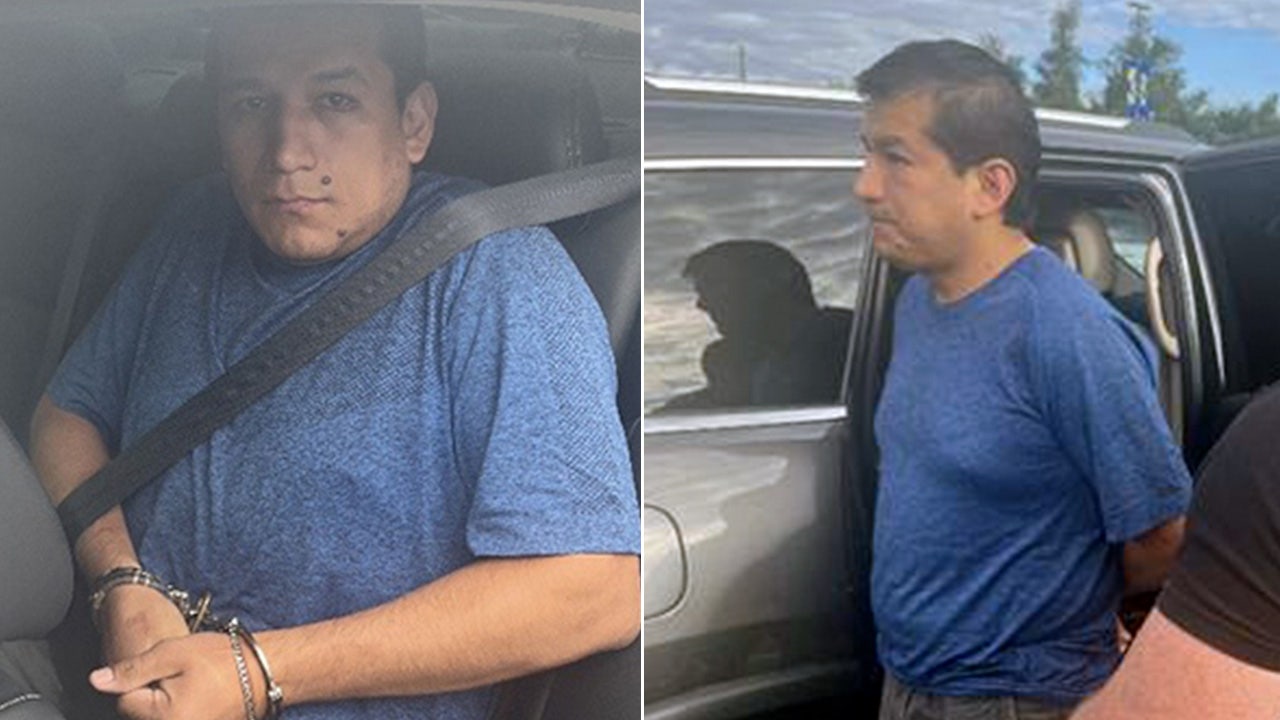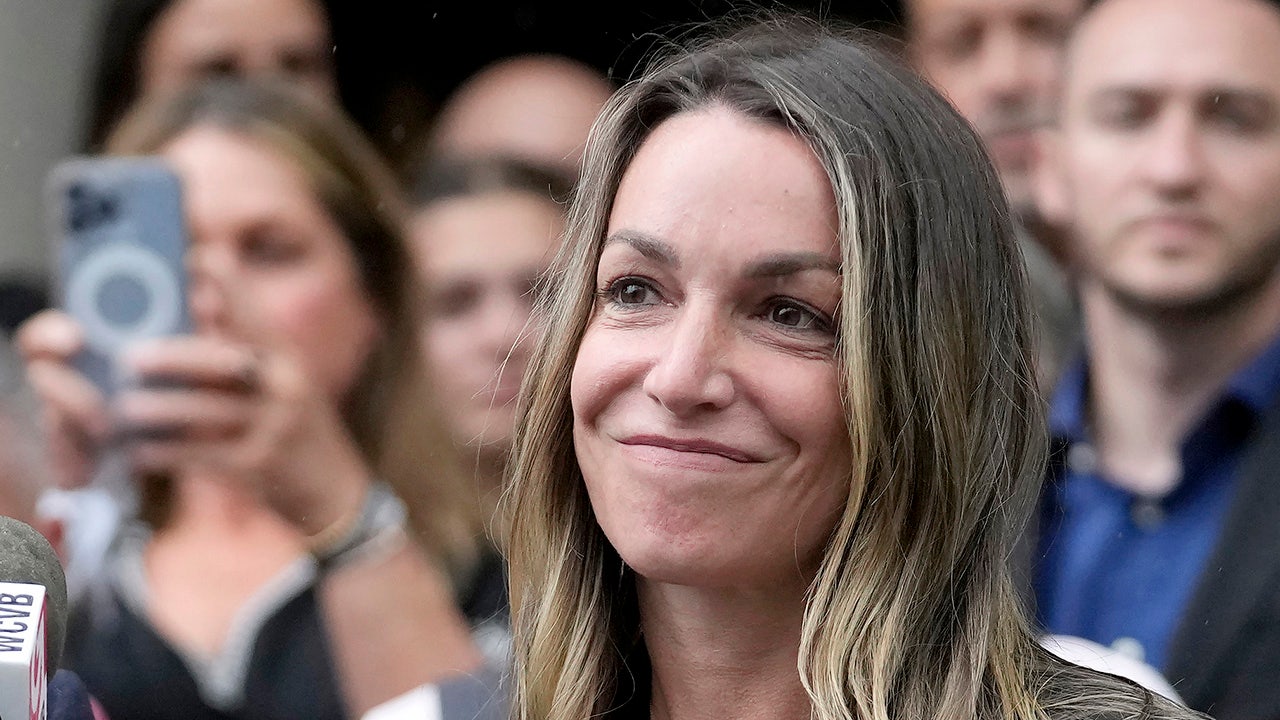There is a moment for patients after we deliver the news of a frightening diagnosis, after they have taken in the realities we have laid before them, when they realize that there is one more tremendous hurdle ahead: to share that news with others. Sometimes that feels like the hardest part. How much do they have to disclose? Do they speak in euphemisms or share the harsh realities? It is as though saying a diagnosis aloud finally makes it real.
I found myself thinking about this on Friday, when Catherine, Princess of Wales, made her cancer diagnosis public in a video. She did not share the type of cancer she had, nor the nature of the abdominal surgery she underwent in January after which the cancer was diagnosed. She spoke broadly of cancer, of the chemotherapy she was now being treated with and of her family. Which was enough for the internet to go wild with rampant speculation — just as it had for so many weeks prior, when people were grasping to explain her disappearance from the public light.
I, too, was curious. There are many medical questions here, some of which we can answer and many of which we cannot. But there is also a bigger question surrounding why we even want to know what kind of cancer Catherine has or how she’s being treated, especially when that lunge for information conflicts with a parent’s desire for privacy and space to tell her children on her own timetable. What is the nature of this very human desire to know these details? And is there a way to turn this instinct for intrigue into something useful?
Catherine is young — 42 years old, the same age as me — and the fact that she has cancer of any kind is terrifying, whatever that cancer might be. Maybe that is one reason I found myself wanting to learn more, even if the medical questions can’t be answered right now. In the hospital, when I care for someone around my age who has been diagnosed with something catastrophic, I often dig into the chart to understand how the story began. Maybe there is a part of me that believes that by knowing these details, I can reassure myself that my patient and I are not so similar after all, that I am not vulnerable. We find ourselves drawn to the realities that we fear.
What we do know is that the Princess of Wales is not alone: Rates of cancer diagnoses in those under 50 are increasing. She is receiving what she referred to as “preventative” chemotherapy, generally termed “adjuvant” chemotherapy — which means chemo to treat the microscopic metastases that might be present after a curative surgery and to prevent the cancer from recurring.
It is hard enough for patients to share this type of information with anyone outside friends and family. I don’t think a public figure like Catherine has any duty to share her health status on a world stage, much less owes us any greater degree of specificity or precision in her language. This is her diagnosis. She can frame it however she sees fit.
Maybe there isn’t a responsibility here but instead an opportunity. By making their diagnoses public, celebrities have the ability to destigmatize disease, to raise funds and to make terrifying realities less frightening for the rest of us. I never met my grandmother because she died of breast cancer long before I was born, after a struggle with the disease that was characterized by secrecy and shame. She did not even tell her children until she was close to death. I have to wonder what, if anything, would have been different had she been diagnosed just a few years later, after Betty Ford, the wife of President Gerald Ford, made her breast cancer diagnosis public.
A few years ago, I cared for a patient who also had breast cancer, who had not told her adolescent sons of her diagnosis even as she lost her hair and went into the hospital for surgery. She collapsed at a rehab hospital and was brought to our intensive care unit where she would never wake up again. Her sons sat at her bedside and asked us what had happened. What was wrong with their mother? At first, her husband tried to uphold her wishes, to protect her sons from the knowledge. But it soon became clear that what started as an instinct to protect them was only doing harm.
We told the sons that she had cancer. They had known all along, of course. And now they had been deprived of the chance to tell her that they loved her and that she didn’t need to keep the truth from them. That they would be there with her.
It is not that a public figure announcing her cancer would have shifted my patient’s decision — her instinct toward secrecy was too entrenched. And of course, it is not the responsibility of Catherine or any public figure to offer health information she is not ready to share, no matter how hungry an insatiable internet might be for information. Perhaps Catherine will tell us more, and will become an advocate for cancer research, and maybe that will change minds and increase screening and decrease stigma. Or maybe she will not. Maybe she will try to keep this one thing private, in a life where so few things are. That would be her right.
Daniela Lamas is a contributing Opinion writer and a pulmonary and critical-care physician at Brigham and Women’s Hospital in Boston.
The Times is committed to publishing a diversity of letters to the editor. We’d like to hear what you think about this or any of our articles. Here are some tips. And here’s our email: letters@nytimes.com.
Follow the New York Times Opinion section on Facebook, Instagram, TikTok, WhatsApp, X and Threads.






